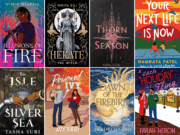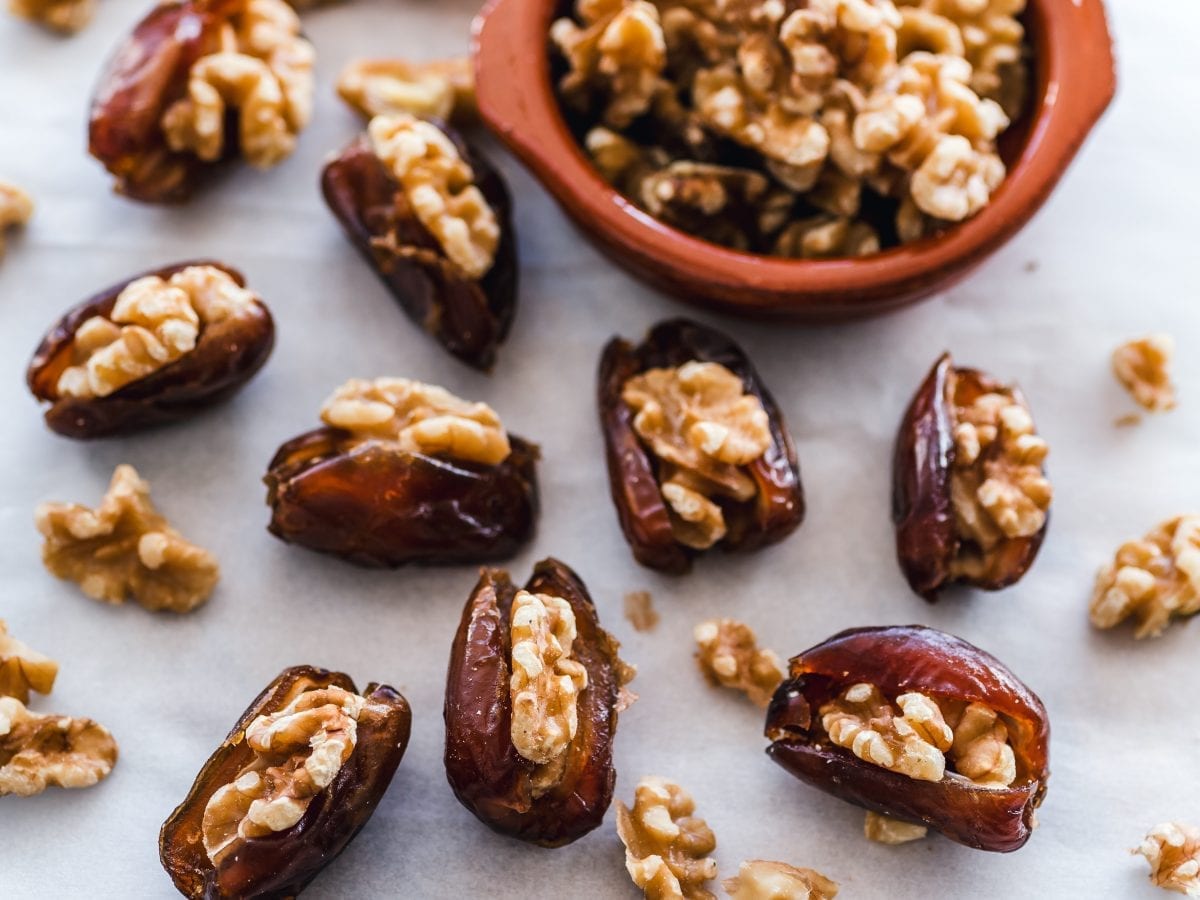
Ramadan 2020 Food Guide: What To Eat & What To Avoid During Your Month Of Fasting
Lifestyle Apr 20, 2020
Fasting during the month of Ramadan which starts this Thursday April 23rd at dusk (with the first full day of fasting on Friday April 24th) can bring about unhealthy eating habits especially when it comes to what to indulge in before dawn and how to break your fast after dusk. We asked Dr. Luvraj Sandhar for some key tips on what foods to eat and what to skip when starting and breaking the fast. Here is our Ramadan 2020 food guide!
During this unprecedented time, many people are forced to stay home and do what they can to help fight COVID-19. With a major interruption in normal routines, what better time is there to carry out self-reflection and prepare for the future in a positive manner! Ramadan is right around the corner and this is a time where families get together and enjoy each others company albeit, this year, may require some creative thinking and Face Timing.
When people think of Ramadan, the first idea that comes to mind is fasting. During Ramadan, Muslims do not eat or drink between Suhoor (pre-dawn) and Iftar (at sunset). Given that the fasting window is extensive, it is tempting for many to eat foods which contain a high sugar content. Enticing as it may be, fasting this way will lead to a spike in blood glucose levels and energy will not be sustained efficiently throughout the day. Moreover, who says you cannot enjoy Ramadan in a healthy way? I will go over what foods to eat during Suhoor and Iftar, and which foods to avoid eating during Ramadan so you can still enjoy this special time in a healthy manner.
Suhoor Guide
Say no to salt, caffeine & sugars and processed carbs
Say yes to fiber, protein and vitamin-rich foods
Suhoor needs to include wholesome foods that provide enough energy to last during the long hours of fasting. Protein-rich foods such as eggs, oatmeal, fruits, and vegetables, are recommended as they will help to keep you full for longer. Fiber-rich cereals, lentils, and dried fruit are also recommended, as they help to control blood sugar levels because they release slowly into the bloodstream. Calcium and vitamin-rich foods, such as organic yogurt and cheese, are a great source of nutrients.
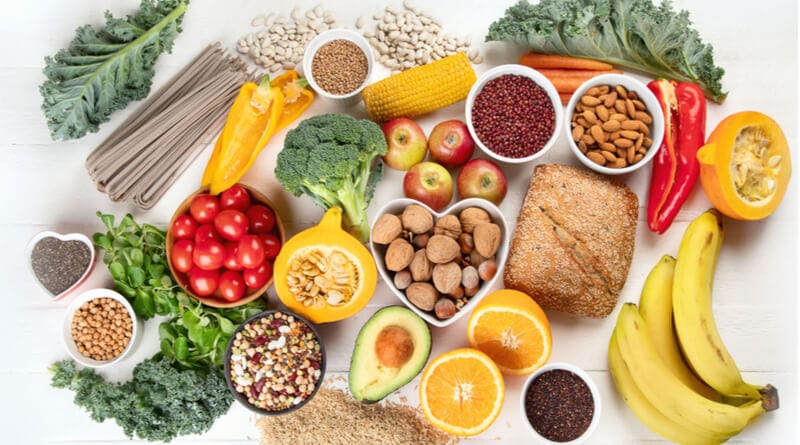
Salty items such as za’atar, olives, salty cheese, smoked meats, and pickles should be avoided because they will make you thirsty during the day. Limit caffeinated drinks as much as possible because drinks such as coffee and tea, will also make you more dehydrated. Lastly, simple, or refined carbohydrates such as sugars, white flours, pastries, and donuts, will give energy for 3 to 4 hours, but they are low in essential nutrients and full of processed sugar, which ultimately spikes blood sugar levels.
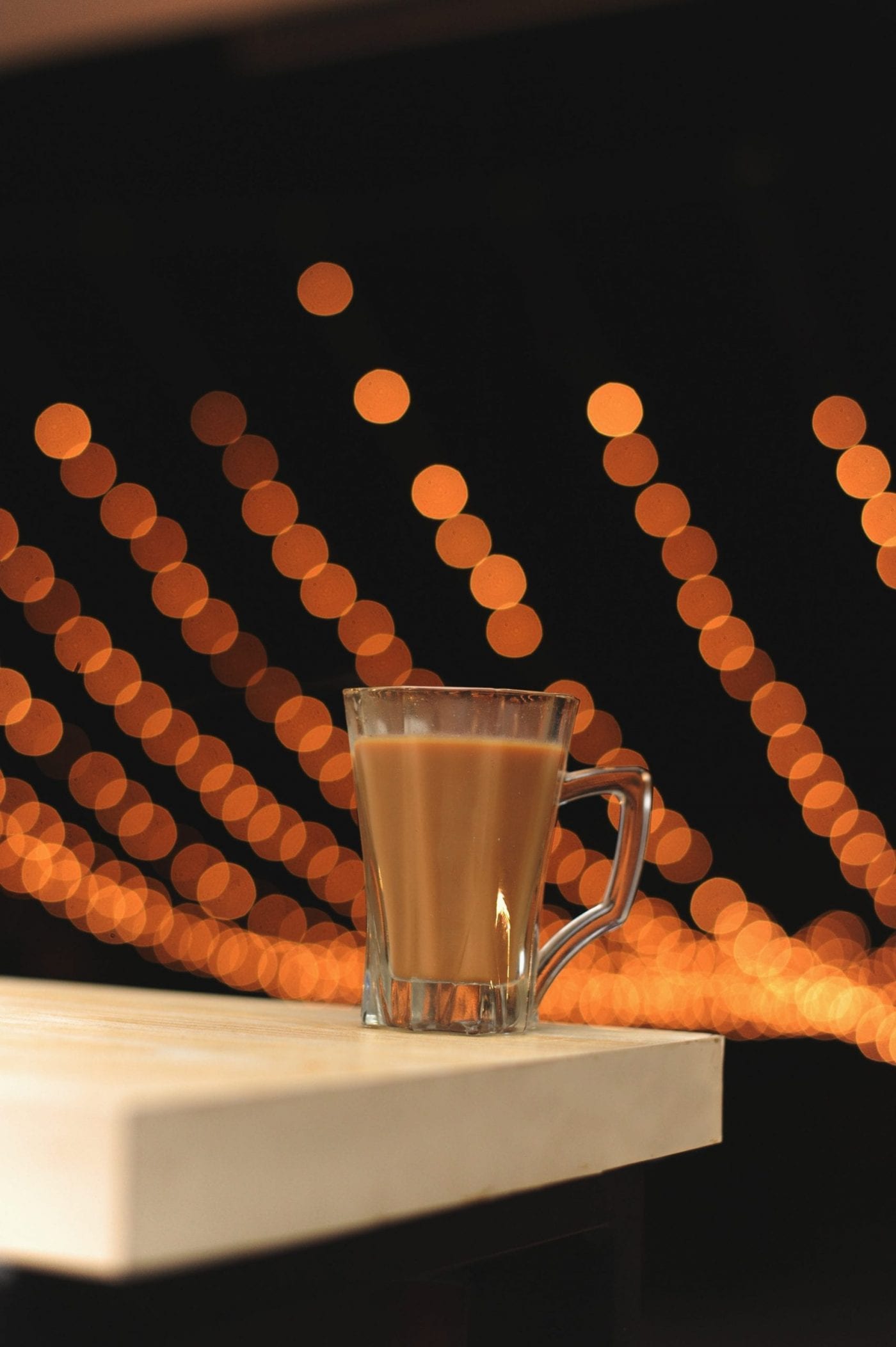
Iftar Guide
Say no to carbonated drinks, sugar, fried foods
Say yes to water, fiber and potassium-rich foods
It is important to break fast with a balanced diet to make sure essential nutrients are retained and replenished along with enough water intake, since none is taken in during the fasting window.
Potassium-rich foods such as dates (they are an Iftar staple for a reason) are recommended as it aids with hydration and gives a boost of energy. Water is a must, as our bodies are composed of about 70% of water, which is essential for cell function and biological processes. Raw nuts should be eaten as well as they contain good fats which will control the need for binging. Lastly, hydrating vegetables with high fiber and water will aid in digestion, help to avoid constipation, and provide essential vitamins and minerals as well.
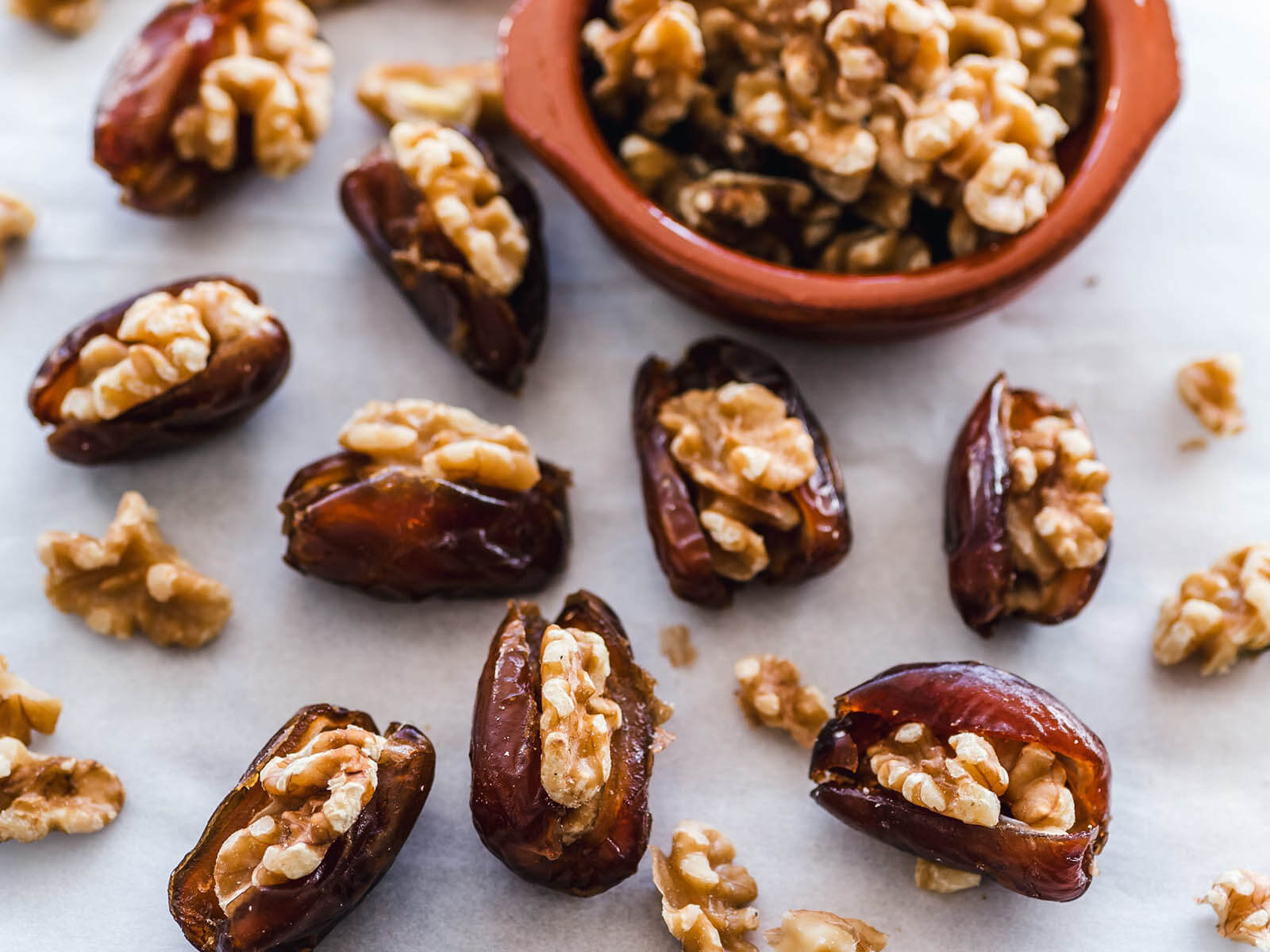
Foods to avoid during Iftar include carbonated drinks, as many contain excess sugar and again are dehydrating. High-sugar foods and fried foods, such as sweets and samosas, should be averted as well as they are typically lower in essential nutrients.
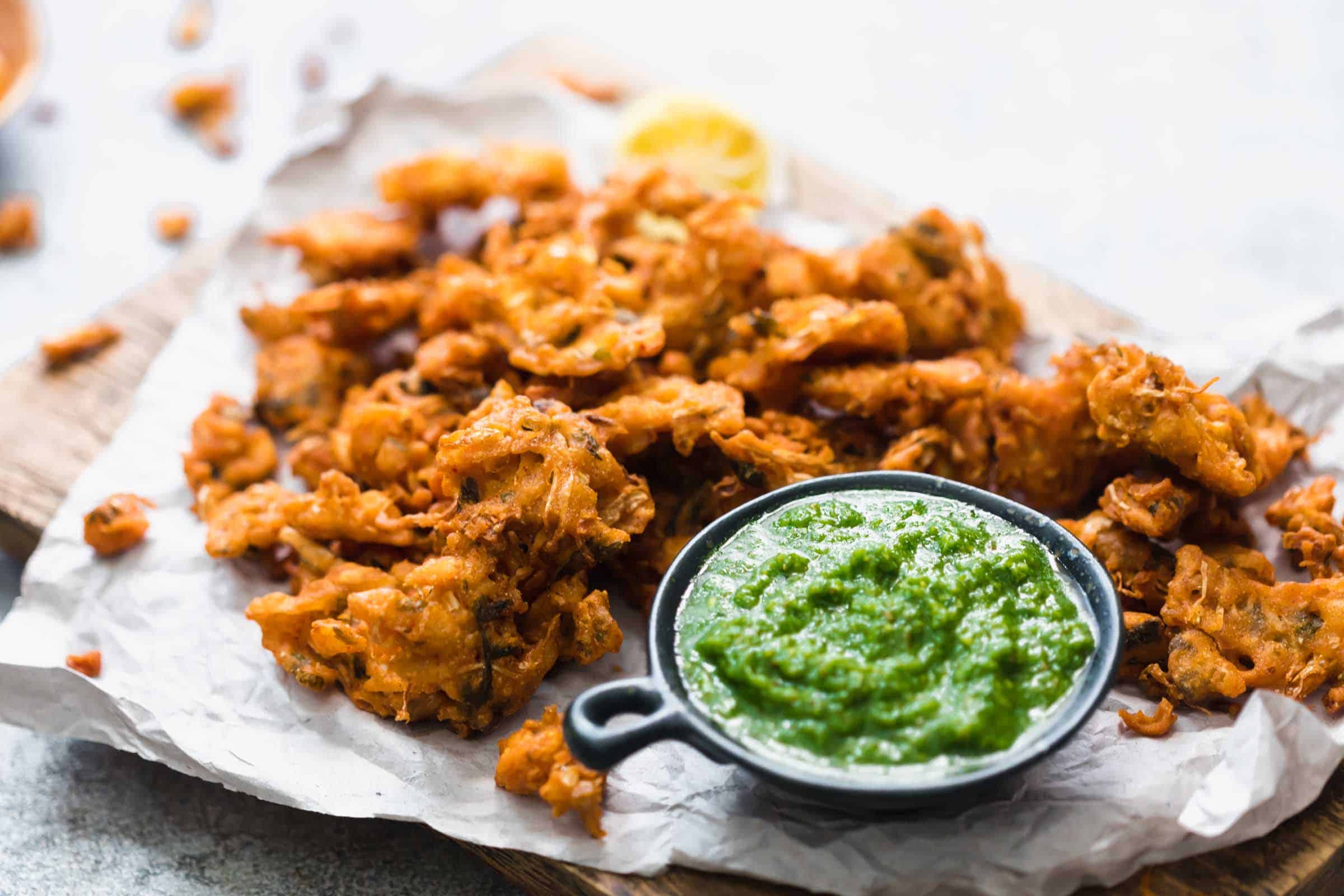
In all, fasting during Ramadan, if done correctly, can improve your health in a positive manner such as increase in weight loss, reduction in bad cholesterol levels, and in the prevention of heart disease. There have also been some small studies that suggest that fasting during Ramadan may have a short-term beneficial effect on the immune system. However, more research is needed to support this hypothesis. The theories surrounding Ramadan fasting correlate with those related to intermittent fasting and in fact, Ramadan fasting is one of the original forms of intermittent fasting, long before intermittent fasting became a fad.
Along with these food tips, I hope Ramadan this year is full of spiritual reflection, and self-improvement, and with many of us under quarantine, the focus on our health has never been more important. Take care and I hope everyone has a wonderful Ramadan this year.
Main Image Photo Credit: Ella Olsson/Unsplash
Luvraj Sandhar
Author
Dr. Luvraj Sandhar (@drluvwellness) owner of Vitalyse Clinic specializes in chiropractic medicine with a focus on spinal health, postural education & functional rehabilitation. She'll be pursuing an animal chiropractic certification as well so she can extend her services to beloved furry pets to...












